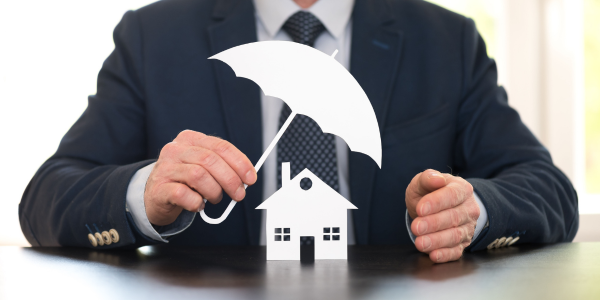PMI can be confusing for homeowners during closings. In this blog post, we’ll partner with CrossCountry Mortgage, the real estate lender in Northeast Ohio, to explain the purpose and significance of PMI (Private Mortgage Insurance) and why it’s relevant to your homeownership journey.
Private mortgage insurance (PMI) is required by lenders like CrossCountry Mortgage on certain types of home loans with low down payment to protect the lender if borrowers default on their mortgage payments. Borrowers are still at risk of losing the property to foreclosure if they don’t meet their mortgage obligations. Although PMI allows homebuyers to reduce upfront costs with a smaller down payment, it affects monthly payments until enough equity is built. Learn everything about PMI, when it’s required, what it covers, and how to avoid paying it.
Understanding PMI
PMI or Private Mortgage Insurance, is an insurance policy designed to protect your lender in case you face difficulties in making your mortgage payments. Contrary to popular belief, PMI doesn’t provide any assistance to you if you encounter financial challenges. We emphasize the importance of knowing about PMI, especially if you’re on a conventional loan and your down payment is less than 20% of the home’s appraised value.
When is Private Mortgage Insurance (PMI) required?
Well, let’s delve into the various scenarios where you might find yourself obligated to pay PMI.
For instance, imagine you are purchasing a home and your down payment is less than 20% of the appraised value. In this situation, your lender will likely require you to include PMI as part of your monthly payment. PMI acts as a safeguard for the lender in case you default on your mortgage payments.
By understanding when PMI comes into play, you can make informed decisions about your home purchase and ensure you are financially prepared.
3 Factors That Impact Private Mortgage Insurance
According to CrossCountry Mortgage, several factors affect PMI:
1. Size of Home Loan:
The more you borrow, the larger your private mortgage insurance premiums will be. This amount varies depending on the purchase price of the property and the size of your down payment — if you pay more in the down payment, you will pay less in PMI.
2. Credit Score:
Your credit score signals to the mortgage lender whether you are more or less likely to meet your mortgage obligations. Borrowers with higher credit scores (760 and above) typically have lower PMI rates.
3. Type of Mortgage Loan:
Fixed-rate mortgages usually have lower private mortgage insurance premiums than adjustable-rate mortgages since the latter are perceived as riskier for the mortgage provider.
Know Your Loan Type
It is important to recognize that PMI rules vary based on the type of loan you have. Conventional loans have different criteria compared to FHA, VA, or other types of loans. We encourage readers to consult their lenders for specific details tailored to their loan agreements.
Dropping PMI is a major milestone in homeownership.
The eligibility criteria and how paying ahead of schedule can speed up the process. We will also discuss the significance of the lender-provided letter, which indicates when you can expect PMI removal. It is also advisable to monitor your original amortization schedule to determine when you will reach the desired 80% loan-to-value ratio, making you eligible to drop PMI.
To eliminate Private Mortgage Insurance (PMI), there are four methods you can consider:
1. Continue making payments until PMI is automatically canceled.
2. Request removal when your equity reaches 20% or higher.
3. Make a substantial principal reduction to decrease your loan balance to 80% and request removal.
4. Obtain a new appraisal if your house has increased in value.
Please note that these strategies apply only to conventional loans and may not be suitable for other types of loans.
The Cost of PMI
It is crucial to address the misconception that PMI has a fixed cost. PMI varies depending on your loan amount and could potentially be a significant annual expense. Homeowners are advised to look forward to the day when PMI is no longer a part of their payments, leading to monthly savings.
Final Takeaway:
In conclusion, understanding Private Mortgage Insurance (PMI) is crucial for homeowners to manage their finances wisely. By considering factors such as the size of the home loan, credit score, and type of mortgage loan, homeowners can work towards eliminating PMI through methods like making principal reductions or obtaining a new appraisal. It’s important to note that these strategies apply to conventional loans and may not be suitable for other types of loans. By eliminating PMI, homeowners can experience significant savings and achieve a major milestone in homeownership.
Get in touch with one of our expert agents to help you achieve your homeownership goals
Plus, subscribe to our monthly newsletter to explore the Northeast Ohio Real Estate Market, get the latest team news, and be the first to know about special announcements!




